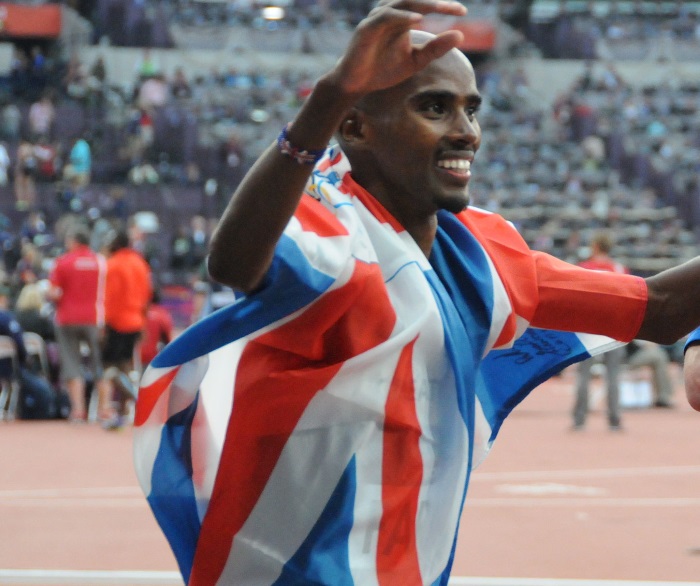The Rio 2016 Olympics closed a week ago. The target was to achieve 48 medals, one more than the previous record before London 2012 (achieved at Beijing 2008). Yet with 5 days to spare, that record was firmly beaten. The country came away with an impressive 67 medals and finished in second place ahead of China. This was 2 more than London 2012. Team GB success is, naturally, the result of hard work and dedication of all the performers. Yet we cannot help but point to the lottery as a major source of funding that allowed that to happen.

By Tab59 from Düsseldorf, Allemagne [CC BY-SA 2.0 (http://creativecommons.org/licenses/by-sa/2.0)], via Wikimedia Commons
Team GB Success Explained
Team GB is now, according to the media, an “Olympic Superpower”. It all began with John Major who introduced the National Lottery and made provisions for money to be put aside for sports causes. He introduced “The Minister For Fun”. At the time, he was mocked, but the Ministry for Fun became the Department of Culture, Media and Sport. The DCMS is the body responsible for setting up English Heritage and for investing in our sports infrastructure. John Major may not be the first person who comes to find for Team GB success at Rio 2012, but the former PM deserves at least some of the credit.
How Much Has Team GB Received?
Funding towards Team GB success at all Olympics since 1994 when the National Lottery began, has been estimated at £4.4bn. For Rio 2016, some £347m was spent on facilities and training. This includes the Paralympics. Team GB is hopeful of some great successes there too. Funding is competitive. If a sport’s performers demonstrate that they can win medals, it receives more funding. Those sports where Team GB success is lacking, money is reduced. Where there is persistent failure, it is withdrawn. This may seem a brutal way of working, but it has improved Team GB’s medal haul considerably.
